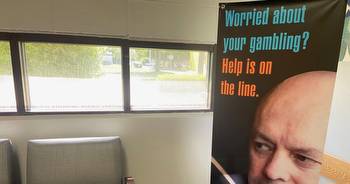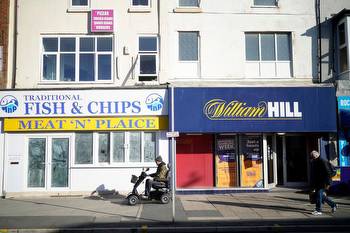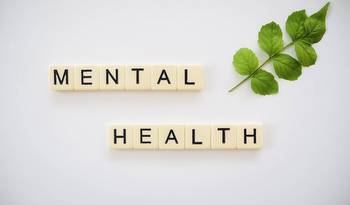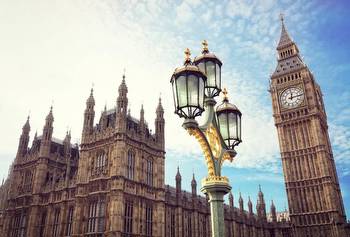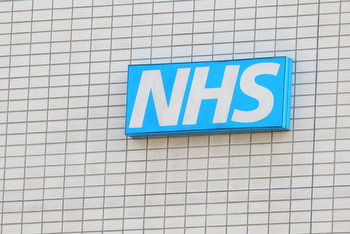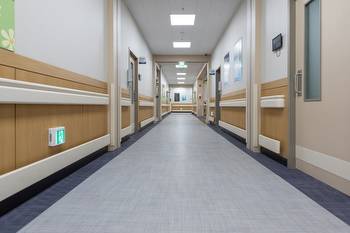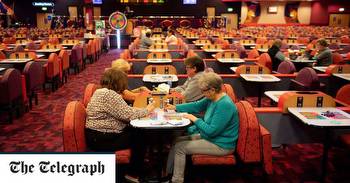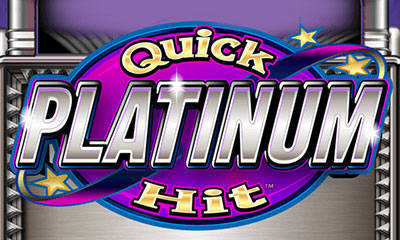NHS opens two new gambling addition clinics amid record referrals
The NHS has opened two new gambling addiction clinics – one in Stoke and one in Southampton – as new figures show that the number of people seeking help increased by over two-fifths in a year.
New NHS figures published today show referrals for treatment for gambling addiction were up 42% between April and September this year, with 599 patients referred compared with 421 patients between April and September in 2021.
The NHS Long Term Plan pledged to open 15 gambling clinics by 2023/24, with seven gambling addiction clinics now open in London, Leeds, Sunderland, Manchester, Southampton, Stoke-on-Trent and Telford. A further national addiction clinic, which treats both gambling and gaming addiction for children and young people, is also open in London
Around 138,000 people could be problem gamblers according to Gambling Commission figures, with around 1.3 million people engaging in either moderate or low-risk gambling – although other research estimates that this figure could be higher.
Earlier this year the head of mental health services in England, Claire Murdoch, announced the NHS would fully fund its own gambling services, removing funding from GambleAware, a charity funded directly by gambling companies.
The decision followed feedback from patients and clinicians opposing the conflict of interest from the gambling industry, which generates profits of over £14 billion a year in the UK, funding treatment for addiction inadequately and on a voluntary basis, while continuing harmful practices.
NHS Mental Health Director Claire Murdoch said: “Addiction is a cruel illness that can take over and ruin lives, from putting people into financial distress to straining family relations, and it is no exaggeration to say it can be deadly in the most extreme cases.
“Thousands suffer gambling problems across the country, and it is important those suffering from addiction know that the NHS is here to help and they should not hesitate to come forward for support if needed.
“But while the NHS is there for anybody suffering, the NHS cannot be left alone to pick up the ills caused by unhealthy business practices. Firms engaging in activities that fuel addiction should think hard about the human cost that can be behind their profits”.
Gambling addiction if it takes hold can destroy lives. Jennifer*, in their 30s from the North West, went through treatment at the Northern gambling clinic in Manchester.
Initially trying to help their own family member who had been struggling with gambling addiction, Jennifer ended up getting addicted themselves using different gambling websites and playing online slot machines.
Despite trying to break the cycle of addiction before seeking professional help, including trying to get their banks to ban payments to gambling sites, Jennifer’s addiction continued, with companies they gambled with offering free bets – and then even further free bets if they deposited certain amounts.
After spending nights in mental health hospitals as an inpatient, losing parental control of their children to social services, and declaring bankruptcy, Jennifer realised they needed further professional help from the NHS to tackle the addiction itself.
Following successful CBT group therapy along with one-on-one therapy, Jennifer got better and has learned now how to manage gambling addiction.
Jennifer said: “I’m forever grateful to the NHS gambling team who helped turn my life around. When I first sought professional help, I wasn’t in control of my life and it felt like a never-ending spiral with no escape.
“By giving me the tools to manage gambling addiction, I’ve had the platform to rebuild my life financially and it means the world to me to be with my kids again as a happy family.
“From my own experience it is clear others must step up – gambling firms shouldn’t prey on vulnerable customers and places like banks should step in to support customers when they come forward for help.
“NHS support changed my life and I wish I had come forward sooner. I’d encourage everybody who thinks they may be struggling with gambling addiction to come forward and get that specialist help on the NHS – it is the best decision you can make”.
The latest clinics will treat people with serious addiction issues, with capacity to see hundreds of patients a year.
This year the NHS launched a new Gambling Harms Network and Clinical Reference Group, which brings expertise together and enables clinical teams to share best practices for helping to treat gambling addiction.
Earlier this year the NHS also appointed Professor Henrietta Bowden-Jones as its first ever National Clinical Advisor on Gambling Harms.
Professor of psychiatry and Service Director at Southern Health NHS Foundation Trust, Sam Chamberlain, said: “Gambling Disorder is a common mental health condition that has many negative effects on people’s lives – we are pleased that gambling disorder has been recognised as a national and regional NHS priority.
“The new NHS Southern Gambling Service offers affected individuals the very latest evidence-based treatments and support, as well as developing new treatments.
“Patients can self-refer into our services by contacting us through our website, as well as getting referred from a local healthcare professional, so anybody who thinks they may need support should get in touch”.
Consultant clinical psychologist and Clinical Lead NHS Inclusion – part of Midlands Partnership NHS Foundation Trust, Jacqui Howard, said: “We are very pleased that NHS England recognises the gambling problems and harms experienced by many people and has funded more addiction clinics across the country so that people can get the care they need.
“Our service is now open and can be easily accessed by those who need it through our website or by telephone – we are well aware addiction not only impacts the patient, but their loved ones also, which is why our service is also open to all those who are impacted by a loved one’s gambling habits so that they can also get the support they need”.
In January 2020, NHS Mental Health Director Claire Murdoch wrote to gambling companies outlining actions they should take to improve the odds for people struggling with addiction.
Other than the restriction of bets taken by credit cards, implemented when the Gambling Commission outlawed the practice, the gambling industry continues to offer customers free bets, VIP packages and streams live sports, all of which can be potentially harmful to those struggling with addiction.
Health and Social Care Secretary Steve Barclay said: “The impacts of harmful gambling are stark and widespread, affecting people’s savings, relationships and health.
“The latest figures demonstrate this is a growing issue and we are working to protect people from the damaging impacts of harmful gambling.
“This includes providing specialist NHS gambling addiction treatment clinics across the country, as part of our investment of an extra £2.3 billion a year by 2024 to expand mental health services to enable better access to vital support.”
*Name changed to preserve anonymity of the patient case study.
Background
Referrals to NHS gambling clinics by year:
- 2020/21 (April 2020 – March 2021): 775 total referrals (Q1 136, Q2 226, Q3 213, Q4 200).
- 2021/22 (April 2021 – March 2022): 1,013 total referrals (Q1 193, Q2 228, Q3 247, Q4 345).
- 2022/23 (April 2022 – September 2022): 599 total referrals (Q1 305, Q2 294) so far for the first half of the year. Q3 and Q4 data is not yet available as they will cover October 2022 to March 2023.
Latest ONS population estimates by age for England suggest that there are 46,006,951 people aged 16 and over living in the country. Latest data from the gambling commission estimates 0.3% of the population is engaged in problem gambling, while 2.9% are engaged in either moderate or low risk gambling.
The new Southampton clinic is run by NHS Southern Health Foundation Trust and the new Stoke clinic is run by NHS Inclusion, part of NHS Midlands Partnership Foundation Trust.









